This is the weekend edition of TheMarioBlog and it will be updated as needed. The next new post will be Monday, April 30.
Update #4: Saturday, Rochester, NY: 18:14
TAKEAWAY: So a Google exec thinks we should do away with narratives and go for “computational journalism”? ALSO: It is a new look for Australia’s regional daily, Illawarra Mercury

Google should stick to searching!
Here is a piece that caught my eye, starting with the headline. Perhaps it is the fact that I have spent part of my week participating in a a WAN IFRA Latin America conference, where the notion of re-invention of everything from the way the newsroom architecture is set up, to the way the economics of charging for content are evaluated, to the way we train journalists to think multimedia, was all part of the two-day discussions.
However, here is another type of reinvention: how we write, and, more importantly, how we teach journalism to a new generation of journalists.
According to this piece, Google’s head of news products and Google+ programming Richard Gingras told media executives the following:
“We need to rethink how we teach journalism, There will be a day – and it should not be far from now – where we can create persistent forms of stories not written in narrative form but in (Google) Fusion Tables and query strings, status updates and tweets.”
Then, he added:
“This is a renaissance of media and journalism,” explaining that “computational journalism” can amount to “the reinvention of the reporter’s notebook”
I am doing a mini meditation on this.
Two publishers from very large Latin American newspapers approached me Thursday to ask me how I saw the state of journalism education generally, with one of them saying:
“Based on what we have learned here in Santiago the past two days, including from your lecture, our journalism schools are not sending us graduates who are prepared to tackled the challenges.”
That is one big general statement, and I am sure that there are very good journalism schools that are doing it right, including several I have visited in the past 12 months in the United States, and, some from around the world where my contact with their students leads me to believe that there is a smart dialog about the state of the industry, the requirements of the new breed of journalists, and, indeed, the new forms of writing that are going to be important in a multi platform world.
However, I am not so sure I understand what “computational journalism” is all about, and maybe I do not wish to know. Will every story be told through numbers? (Boring and impersonal). Will info graphics be the only storytelling tool? (Works in some cases, but not for all).
I have no question in my mind that a good, solid, old fashioned narrative is as good today, in almost any platform, as it was when Ernest Hemingway was writing for the Kansas City Star
.
Google’s Gingras may not favor the narrative, but in my 40+ years in this business, I have sat through enough gatherings of readers to tell them that, indeed, those readers value a good narrative that engages them.?
I prefer to keep using Google as the search engine to find those good narratives, but perhaps Google should let someone else write them.
A couple of articles on “computational journalism”
A new framework for innovation in journalism: How a computer scientist would do it
http://www.niemanlab.org/2012/04/a-new-framework-for-innovation-in-journalism-how-a-computer-scientist-would-do-it/
Can an algorithm write a better news story than a human reporter?
http://www.wired.com/gadgetlab/2012/04/can-an-algorithm-write-a-better-news-story-than-a-human-reporter/all/1
New look for Australian regional daily
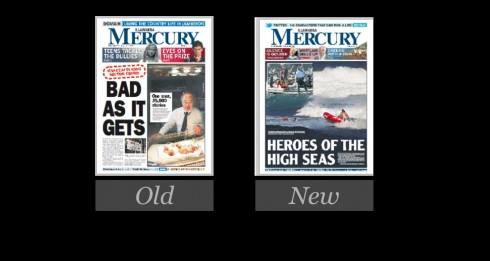
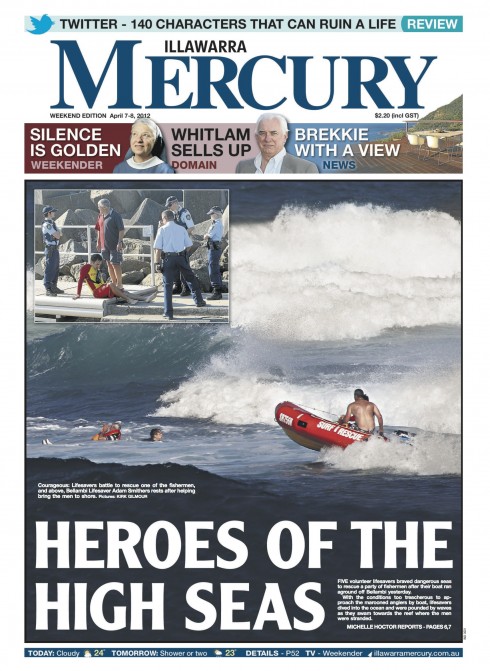
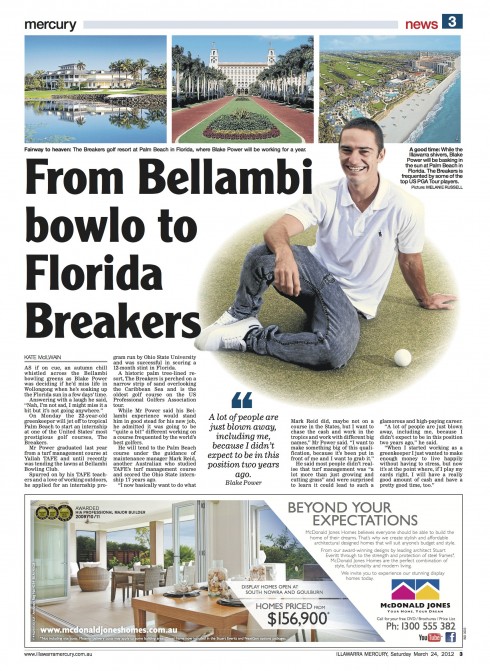
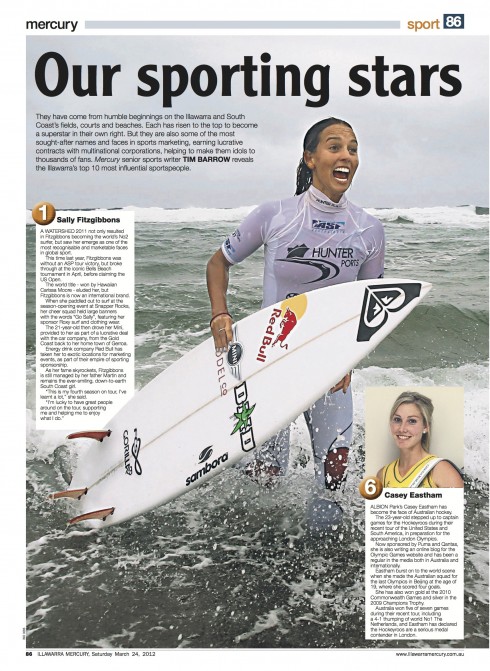
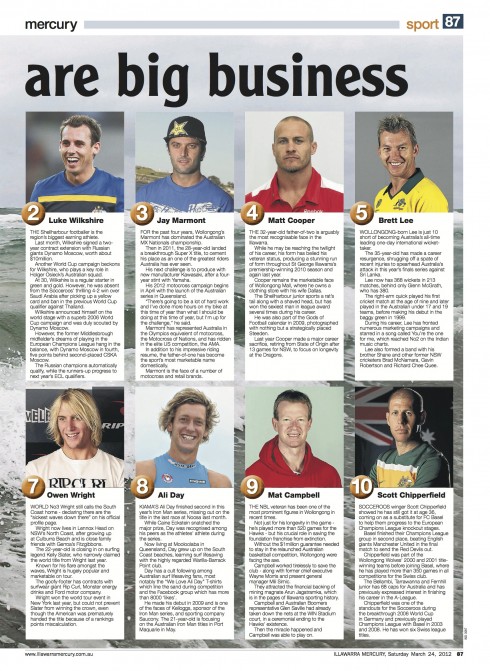
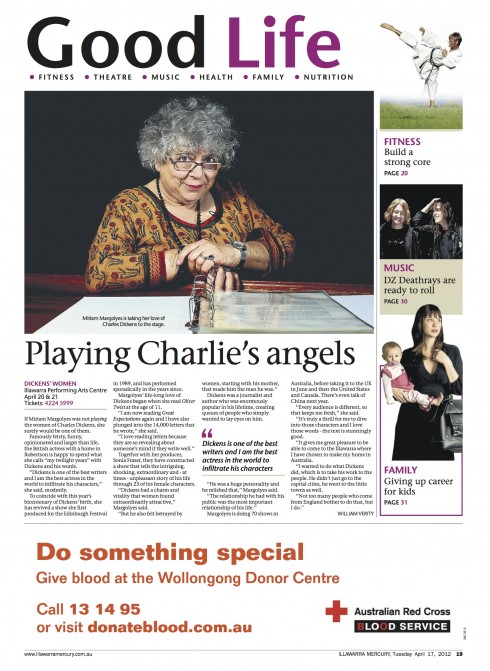
It was last August 2011, during a trip I made to beautiful Australia, to speak at the PANPA conference in Sydney when I met Steve Cassell, production editor of the regional daily, Illawarra Mercury. The Mercury is published in Illawarra,,a coastal city situated immediately south of Sydney, in a region in the Australian state of New South Wales.
Steve and his team asked me for a little “special time” to show me the work they were doing on an in-house redesign of The Mercury. This was one of those meetings of which I have dozens during the course of a year: you are speaking at a conference, and a group of editors, usually from a small regional daily or weekly, asks ahead of time to show you their handy work. Such was the case here.
I remember that I looked at what Steve and his team had and made some suggestions. I forgot about this until this week, when Steve wrote me with an attachment of the new Mercury, of which he and his team are very proud.
Here is what Steve wrote:
“You may remember giving an hour of your time to myself and Illawarra Mercury editor, Stuart Howie, while visiting the PANPA conference in Sydney, Australia, in August last year. Your advice was extremely helpful and was applied in many areas of the redesigned Mercury, which was launched on March 25 this year. “
I think the new Mercury uses photos well and the content has been organized to make it easier to navigate. Steve has sent the “before” pages for a comparison.
Although I do not recall the specifics of this redesign, I do see that this what one would call a mild redesign, with nothing to shock the reader. However, in my view, the new Mercury seems a bit more upscale, with a more focused approach to story presentation, photo use and, particularly, the front page design, which was the most dramatic change .
My only recommendation: I wish the team had done more with story structures. All stories carry the basic headline then jump into text, there is a lack of texture here, but this is something that can be implemented even after the redesign has been launched. Go for it, and thanks for sharing these.
Pages of the Mercury BEFORE the redesign
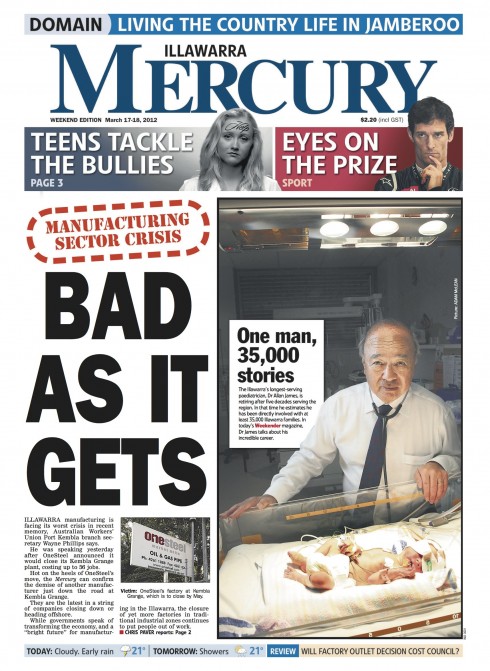
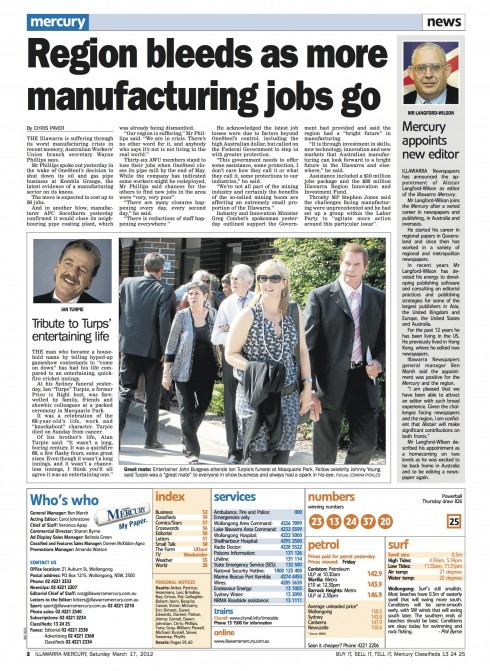
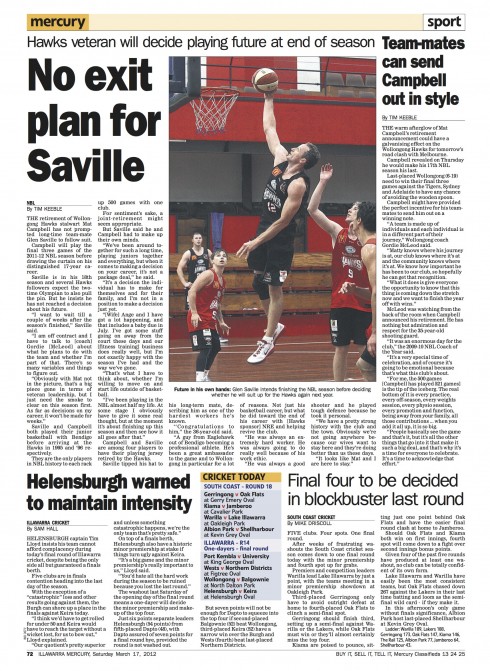
Weekend reads
Weekend reads:
-President Obama: ‘I read all of the New York Times columnists’ | Poynter.
http://www.poynter.org/latest-news/mediawire/171648/president-obama-i-read-all-of-the-new-york-times-columnists/
– UK: Rupert Murdoch predicts newspapers could die out in 10 years
http://www.guardian.co.uk/media/2012/apr/26/rupert-murdoch-predicts-newspapers-may-die
First paragraph:
Rupert Murdoch has predicted there may be no newspapers in 10 years’ time because of the competition from the internet, and urged the government not to “over-regulate” them out of existence.
– Flipboard is ‘head-on competitor’ on Economist’s road to all-digital
http://paidcontent.org/2012/04/26/economistflipboard/
First paragraph:
The Economist’s CEO thinks news publishing will go all-digital at some point in the near- to mid-term.
– Researchers: There will be twice as many tablet owners in 2014
http://tabtimes.com/news/ittech-stats-research/2012/04/25/researchers-there-will-be-twice-many-tablet-owners-2014
First paragraph:
Carrying on from a raft of new figures on how tablet ownership is about to explode, Futuresource Consulting has now said that there will be twice as many tablet owners in USA and western Europe by 2014.
– Vadim Lavrusik: 10 ways journalists can use Facebook
http://www.journalism.co.uk/news-features/how-journalists-can-use-facebook-vadim-lavrusik/s5/a548936/
Highlight:
Facebook’s journalist programme manager has been in the UK telling journalists how he thinks they should best use Facebook
– #Tip of the day from Journalism.co.uk – build your news brand on Foursquare
http://blogs.journalism.co.uk/2012/04/24/tip-of-the-day-from-journalism-co-uk-build-your-news-brand-on-foursquare/
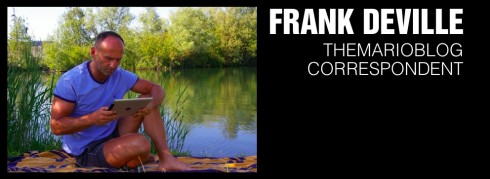
Today’s pop up comes from Bild: celebrating the first year since the Royal Wedding of William and Kate, and asking: you sure they want babies?
Where in the world is Mario?
April 27, Rochester, NY—speaking at Digital Reading Symposium at RIT (Rochester Institute of Technology). I am honored to be in this gathering which explores the art and science of reading on screens .
http://www.rit.edu/cias/readingdigital/
April 29-May 7: at home in Tampa, Florida
The iPad Design Lab: Storytelling in the Age of the Tablet
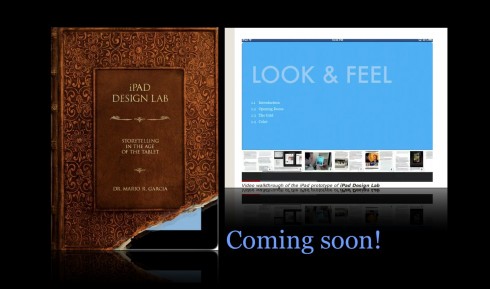
Video walkthrough of the iPad prototype of iPad Design Lab